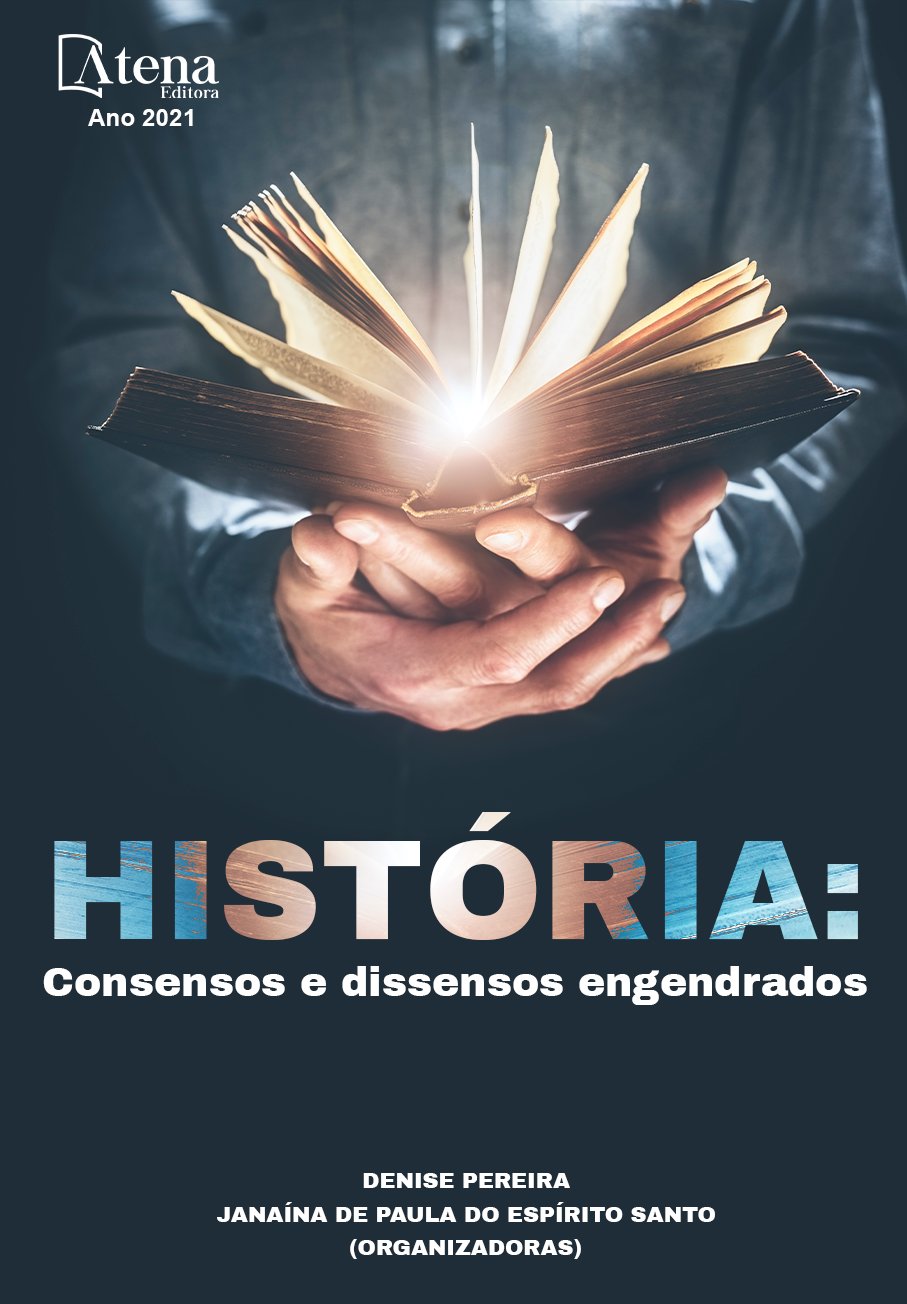
POBRES E DESVALIDAS: CLAMOR E CARIDADE NAS SÚPLICAS DAS MÃES DA SECA EM TERESINA (1877-1879)
O presente trabalho buscar analisar as súplicas das mulheres na cidade de Teresina no período da seca, nos anos de 1877 a 1879. Através da análise dos manuscritos coletados no arquivo público do Piauí, pode-se perceber as calamidades pelos quais sofriam os flagelados das secas. As cartas das comissões de socorros eram meios utilizados para solicitar ajuda aos pobres, no entanto, as cartas eram escritas pelos próprios membros da comissão, cargos esses distribuído para pessoas com notoriedade na sociedade, ou seja, um pobre flagelado não fazia parte dessa classe social. As solicitações eram diversas, tais como roupas e comida, subsídios básicos a sobrevivência dos indivíduos. As cartas sempre escritas com palavras de súplicas possuíam o nome dos requeridos logo no início, contendo poucas informações sobre eles, tendo o nome, o local e algumas vezes o nome do filho ou esposo. Nesse sentido, se faz importante problematizar quem eram esses pobres, para além de suas identificações pessoais. Pelas análises feitas, assim como os escritos e pesquisas existentes, pode-se dizer que se tratava de pessoas devastadas pelo fenômeno da seca, trabalhadores livres, imigrantes e emigrantes em busca de um sustento, que, por estarem em tal situação eram taxados de vadios. Ou seja, a pesquisa sobre esses sujeitos, através das fontes, demonstra os estereótipos usados para identificar os pobres, assim como a utilização do assistencialismo para afastá-los dos grandes centros e utilizá-los como mão de obra barata, através dos Núcleos Coloniais. A partir da análise das obras, tornou-se perceptível que o assistencialismo direcionado aos pobres atingidos pela seca, para além da construção de um discurso de ajuda, firmou-se como um meio de barganha entre autoridades da época. Foram utilizados como referencial teórico, trabalhos de autores que tratam da temática, tais como: Maria Mafalda Baldoíno, Frederico de Castro neves, Raimunda Celestina, entre outros.
POBRES E DESVALIDAS: CLAMOR E CARIDADE NAS SÚPLICAS DAS MÃES DA SECA EM TERESINA (1877-1879)
-
DOI: 10.22533/at.ed.31621280620
-
Palavras-chave: Teresina. clamor e súplica. mães da seca.
-
Keywords: Teresina. cry and supplication. drought mothers.
-
Abstract:
The present work seeks to analyze the pleas of women in the city of Teresina in the period of drought, in the years 1877 to 1879. Through the analysis of the manuscripts collected in the public archive of Piauí, one can perceive the calamities for which the victims of droughts suffered . The letters from the aid committees were means used to request help from the poor, however, the letters were written by the members of the commission themselves, positions that were distributed to people with notoriety in society, that is, a poor scourged person was not part of that social class. . The requests were diverse, such as clothes and food, basic subsidies for the survival of individuals. The letters always written with pleading words had the defendants' name right from the start, containing little information about them, having the name, the location and sometimes the name of the child or spouse. In this sense, it is important to problematize who these poor people were, in addition to their personal identifications. From the analyzes made, as well as the existing writings and research, it can be said that they were people devastated by the phenomenon of drought, free workers, immigrants and emigrants in search of a livelihood, who, being in such a situation, were taxed as vagrants. . In other words, the research on these subjects, through the sources, demonstrates the stereotypes used to identify the poor, as well as the use of assistance to remove them from the big centers and use them as cheap labor, through the Colonial Centers. From the analysis of the works, it became noticeable that the assistance aimed at the poor affected by the drought, in addition to the construction of a help discourse, established itself as a means of bargaining between authorities of the time. Were used as a theoretical framework, works by authors dealing with the theme, such as: Maria Mafalda Baldoíno, Frederico de Castro neves, Raimunda Celestina, among others.
-
Número de páginas: 10
- Nara Viviany Moura de Oliveira
- Kércia Andressa Vitoriano Gonçalves


